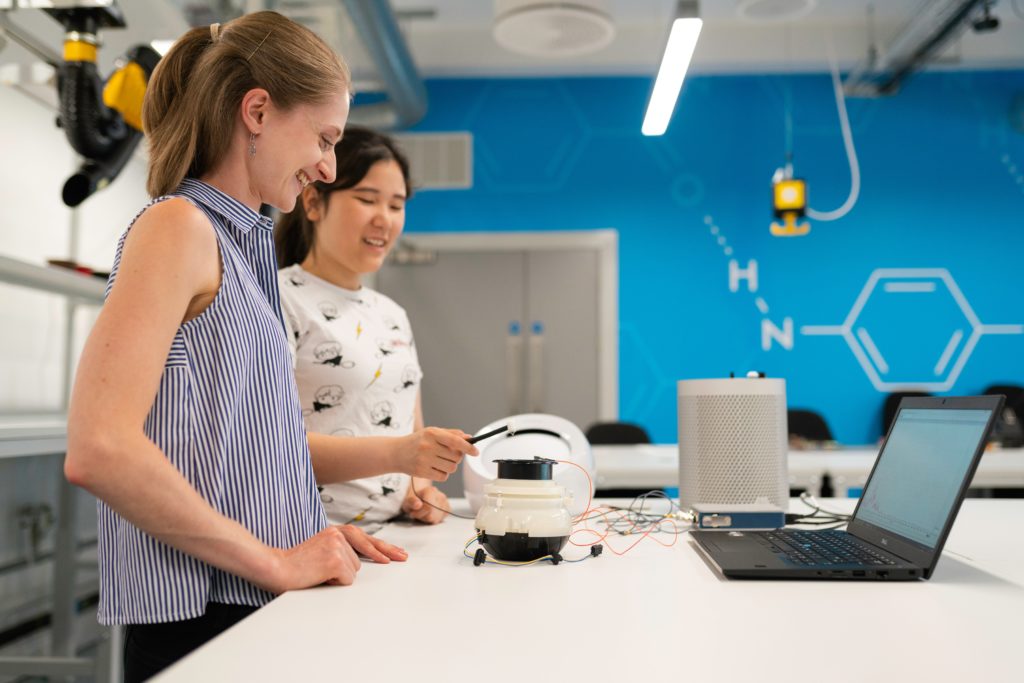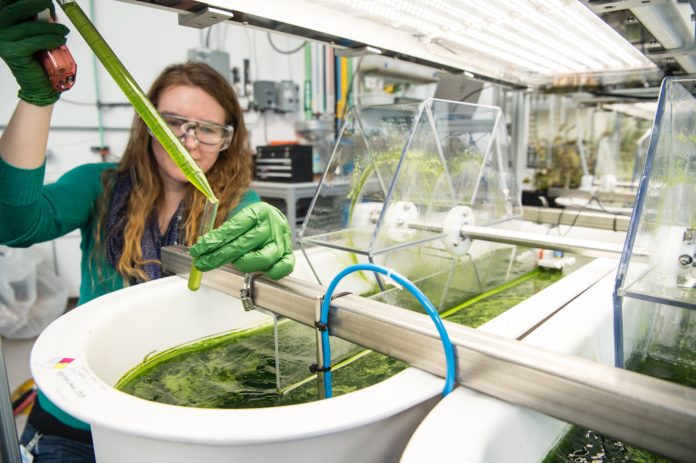One great way to gain practical research experience as an undergrad is through a co-op. Co-op stands for co-operative education, where students work in a real-world research setting for a couple of months as part of their degree. Co-op can be a rewarding but stressful experience, especially if you’re applying for your first time. Landing that ideal position might seem like a challenge, but here are five primary steps you should follow for a successful co-op application. All of these can apply to a broader range of experiences beyond co-op, such as internships, work experience, work-study, or volunteer positions.
1 Find a job that interests you and makes you excited to learn more
Sorting through all those co-op job descriptions can feel daunting. Jobs are usually listed based on recommended or required qualifications (number of previous co-op jobs, years of study, etc.), but often many employers don’t actually use these listed required qualifications when inviting students to interview. Instead of applying for jobs you think you can get, focus on ones that make you feel excited and interested in learning more. Your passion for the subject area can often make up for lack of experience.
2 Write a compelling and interesting cover letter or email
We all know that it’s easier to write a generic cover letter or email that can be used for multiple job applications. Still, since this is your first personal interaction with a potential future employer, it’s important to make a good first impression. This could include a personalized statement of interest based on their recent work (tip: check PubMed or Google Scholar to see what their lab has published recently!). Let them know why you want to work for them specifically and how your past experience or area of study gives you an advantage over other applicants and will help you contribute to their research.
3 Prepare for the interview
Preparing for co-op interviews is much like any other job interview, and they’ll often ask standard questions about your past research experience and work habits. However, there are a few key areas to read up on before the interview. It’s important to research the lab supervisor listed in the job description – what area are they working in? Are there many other students in their lab? What have they published recently? Reading up on any techniques or specific equipment you might need to use is also beneficial, as you may be asked if you have any knowledge in this area during the interview.

4 Be yourself and try to stand out during the interview
As much as interviews are for employers to learn about you, it’s also an opportunity for you to get to know your potential supervisor and lab mates. Are they on-time, organized, and understanding? Do other lab members seem to be willing to help and easy to get along with? If not, this might be a red flag. Answer questions honestly, and don’t be afraid to admit you don’t know something. It’s a good idea to come with standard questions prepared, so you don’t freeze when they ask if you have any questions for them.
5 Learn from rejections and move on, or how to prepare for your new job
As much as it can be disheartening not to get a co-op offer, it gives you an opportunity to reflect upon your application process and any missing qualifications you may have had. Were there any areas of your application or interview process that might need some polish?
If you do receive an offer, now’s the time to carefully read the employment letter, arrange to move or put courses on hold, and get excited about your new position. No matter the outcome of a co-op application, success is whatever you make of it. At the end of the day, both the co-op and the application process itself provide a useful learning opportunity for any future endeavors.











